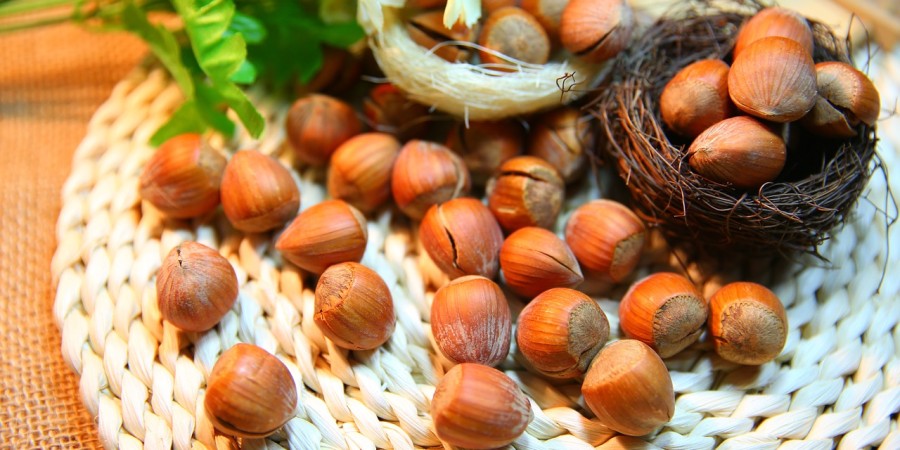Nuts have been an important part of human nutrition since time immemorial. At YPSI we recommend them to our customers as a snack, for example between breakfast and lunch, to keep blood sugar levels constant.
However, nuts are the only food that is limited in quantity for our customers right from the start. The reason for this is that usually too many nuts are eaten. In addition to the macros, for example, 100g of cashew nuts already contain a good 500 kcal. and approx. 45g fat, the food intolerance factor also plays a major role with nuts.
Among other things, nuts contain phytates to protect against consumption. Phytic acid, which occurs in nature as phytate, is a kind of plant protection agent or plant pesticide. Phytate can insolubly bind minerals such as calcium and magnesium, but especially iron and zinc. These are then no longer available to the body, so they cannot be digested (which, however, can also prevent an excess of iron). The digestive enzymes pepsin and trypsin are also blocked by the phytate, which humans need to digest proteins.
However, phytate also has antioxidant effects and delays the digestion of starch, so it can have a regulating effect on blood sugar levels.
If nuts are stored improperly or for too long, mycotoxins (mould toxins) can develop. These can be toxic even in small amounts. For better preservation, some types of nuts are roasted and salted, so they keep longer.
Incidentally, peanuts are not nuts, but legumes, which have a pro-inflammatory effect due to their high content of linoleic acid (an omega-6 fatty acid) and are therefore not recommended by us.
The rotation of the nut variety is also crucial to avoid intolerances caused by excessive consumption of the same variety. It is better to eat walnuts on Monday, cashews on Tuesday and Brazil nuts on Friday than cashews all three days.
Bottom Line: If stored properly, consumed in small amounts, and rotated regularly by variety, nuts make a very good addition to the diet. The high proportion of omega-3 fatty acids, vitamins, minerals and antioxidants as well as their blood sugar stabilizing properties make nuts an ideal snack. Our recommendation is a handful of nuts three times a week
Good luck with nuts in your diet!
Image: The hazelnut is a nut that is native to our latitudes.

